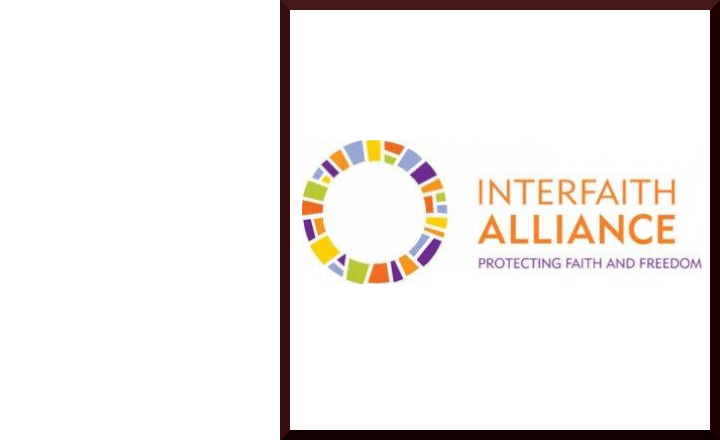Faith and Friction: When Progressive Religious Circles Tolerate Anti-Christian Sentiment

Bill Donohue: A Passionate Defender of Catholic Interests
Bill Donohue stands as a prominent and controversial figure in American religious advocacy, serving as the president of the Catholic League for Religious and Civil Rights since 1993. Known for his unapologetic and often combative approach, Donohue has become a powerful voice in defending Catholic interests and challenging what he perceives as anti-Catholic bias in media, entertainment, and public discourse.
With a Ph.D. in sociology from New York University, Donohue brings academic credibility to his passionate activism. He has authored several books and frequently appears as a commentator on national media platforms, fearlessly addressing issues he believes threaten Catholic values and religious freedom.
His organization, the Catholic League, has been instrumental in challenging what Donohue sees as discriminatory portrayals of Catholics and Catholic institutions. Whether confronting media outlets, challenging artistic representations, or defending the Catholic Church's reputation, Donohue has established himself as a formidable and outspoken advocate.
Critics may view his approach as confrontational, but supporters appreciate his unwavering commitment to defending Catholic interests and challenging what they consider unfair criticism of the Church. Donohue's work continues to spark debate and draw attention to complex issues of religious representation and cultural sensitivity.
Throughout his career, Bill Donohue has remained a significant and influential voice in the intersection of religion, media, and public discourse, consistently pushing back against what he perceives as attacks on Catholic values and religious freedom.
